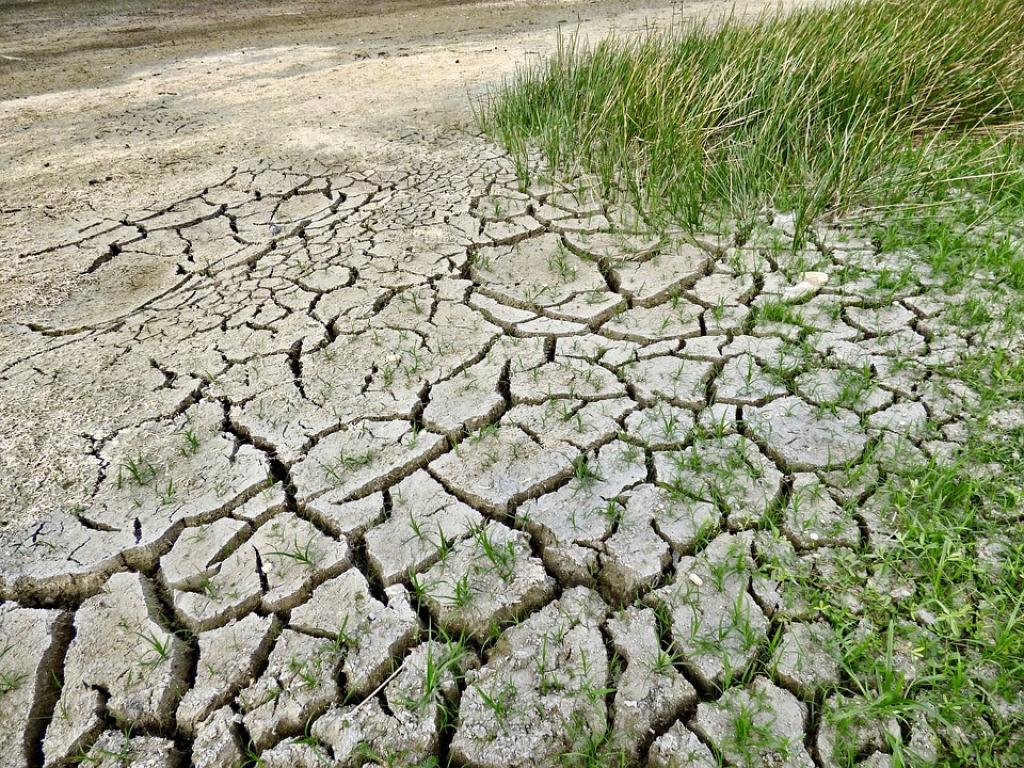BNP Paribas Foundation will provide €6 million to advance climate change research

Between 2017 and 2019, the BNP Paribas Foundation will put an additional €6 million into its Climate Initiative programme to support eight international research projects. These projects focus on a diverse range of topics including the collection of new data on past climates in Antarctica and tropical areas, an assessment of the impact of climate change on the coral reefs and the carbon sequestration potential of cultures in Africa.
Launched in 2010, Climate Initiative aims to develop our understanding of climate change and its effects on our environment. It has already enabled ten international research teams to study the climate and raise the awareness of more than 200,000 people about climate change. It comprises of 8 projects, 150 researchers, professors and engineers, 69 universities and research institutes throughout the world, and includes a project co-led by the African Climate & Development Initiative’s Mark New (University of Cape Town). During their study, entitled ‘Joint attribution of biophysical and economic impacts of hydroclimatic extremes: For an Africa less vulnerable to global warming,’ Prof Mark New and Prof Friederike Otto (University of Oxford) will be modelling extreme climate change events in Africa and their effects to help populations reduce their exposure to these phenomena.
Africa is particularly vulnerable to extreme climate and weather events such as droughts and floods. This vulnerability is in part due to the warming itself: in many arid regions, extreme events such as waves of drought and flooding are more frequent and last longer. But this vulnerability is also exacerbated by what is known as “adaptation deficit”: ill-adapted responses to changes underway (rapid urbanisation, a surge in population growth, farming methods, deterioration of natural environments, unsuitable infrastructure, etc.).
Through advances made in modelling extreme events, and drawing on a wealth of field data in South Africa, a cross-disciplinary team established by the two professors, hopes to distinguish the influence of greenhouse gas emissions from that of human activity on the vulnerability of African countries. For while it is difficult to influence the evolution of greenhouse gas emissions, it is possible to choose how we adapt on the ground. This project seeks to identify to what extent this risk of extreme events is increasing in certain regions, and to assess the effectiveness of different types of response in order to reduce the sensitivity of African countries to climate change. Ultimately, it aims to prompt the development of concrete and effective adaptation programmes for the future.
Image credit: Pixabay